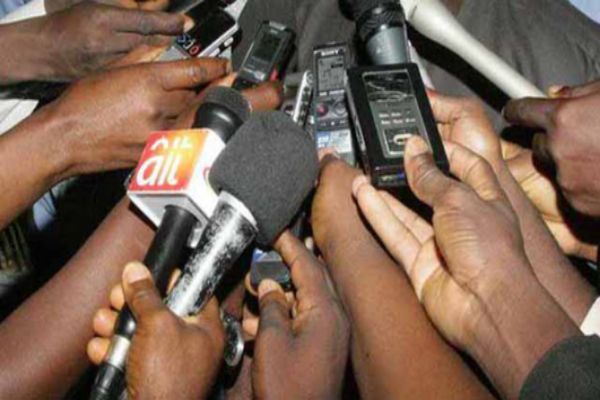Save the Children International (SCI), a non-governmental organization, has called for increased media coverage of issues affecting children in Nigeria, saying such attention would help policymakers take actions that promote and protect children’s rights.
The call was made during a three-day workshop held at Butterfly Hotel, Kaduna State, for selected journalists from Katsina and Adamawa states.
Speaking at the event, an SCI official, Mrs. Altine Lew, said the protection of children’s rights is crucial to national development, adding that the media must work closely with child-focused organizations to access credible data and insights for their reports.
Lew emphasized the need for journalists to undergo regular training and retraining on child-sensitive reporting and to dedicate consistent airtime or column space to children’s issues.
She also urged the media to promote national and international observances such as the Day of the African Child and Universal Children’s Day, noting that such occasions help draw attention to child rights and welfare.
Lew further called on journalists to use social media responsibly by sharing positive, child-centered messages.
“The media plays a significant role in shaping public perception of children’s rights. It influences attitudes, policies, and actions that affect children,” she said.
“Media framing determines whether child issues are seen as family matters or public priorities. Consistent, child-sensitive coverage encourages decision-makers to act on their rights.
“How children are represented in the media strongly impacts how their rights are understood and respected.”
Lew identified positive media practices that promote children’s rights to include the use of respectful language and images, seeking informed consent before interviews or photographs, and protecting children’s privacy and identity.
She also urged journalists to focus on reporting solutions, not just problems affecting children.
On the other hand, Lew warned against harmful media practices such as stereotyping or labeling children by gender, poverty, or disability; exposing survivors of abuse or conflict; publishing sensational or unverified stories; and using children’s images for sympathy or fundraising without consent.
“Children deserve to be seen, heard, and protected. The media must be their ally, not their threat,” she added.
By Danjuma Michael, Katsina


